Handbuilt Small Homes and the Building Codes
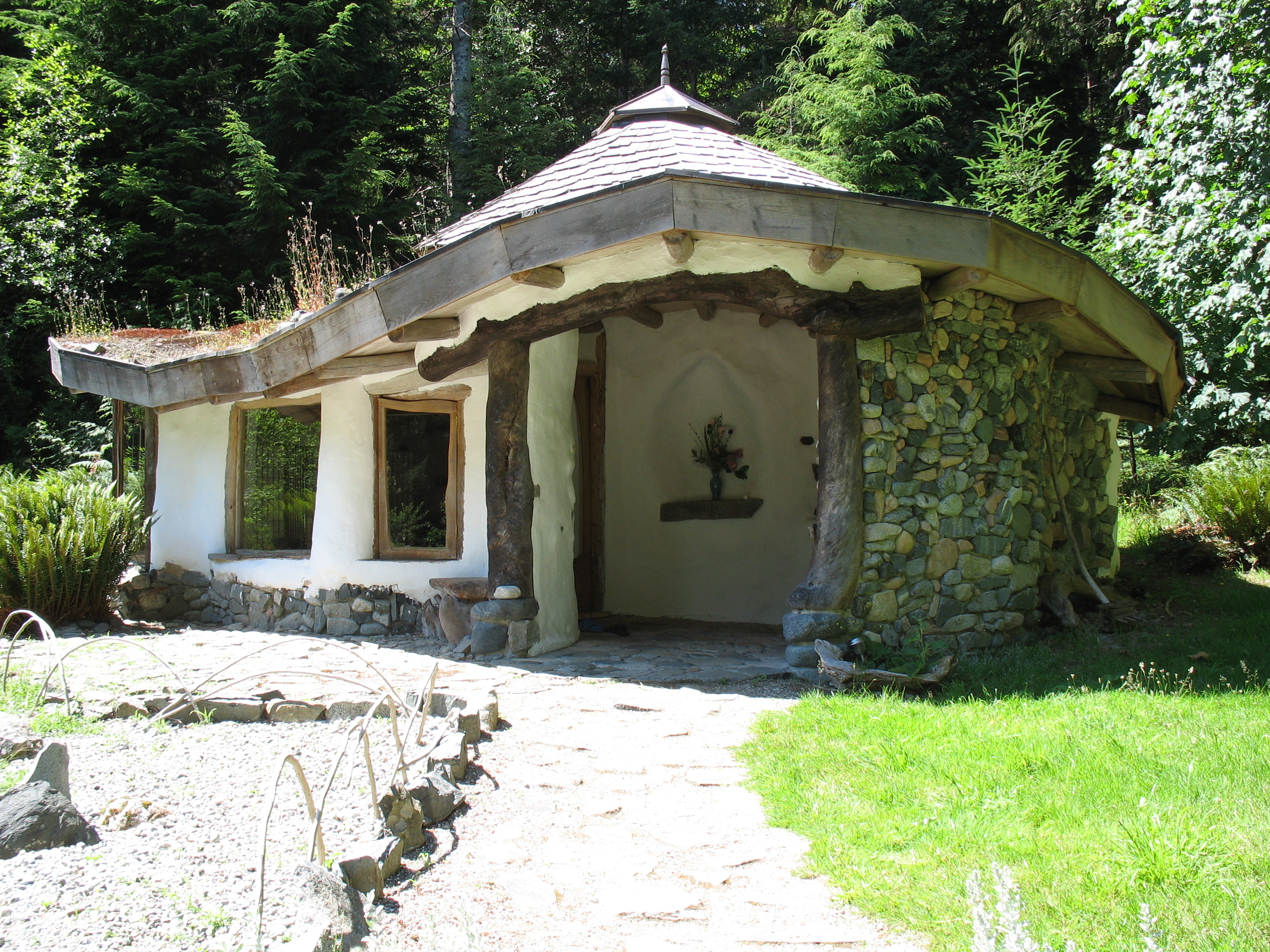
Call me a daydreamer or nut… but I still don’t get why the government spends so much time and money on governance around what kind of homes people choose to live in.
I guess if you live in a city, where you’re sharing walls with 20 other people, it probably makes sense to have some rules to protect each other from ourselves. It would be tragic if one person’s home collapsed or burned down and took down a whole neighborhood. OK… I get that.
But what about the people that live in handbuilt unpermitted small homes on their own land in relative isolation. In other words, folks who have natural homes that would hurt nobody but themselves if they collapsed or burned.
What I just said often causes lots of strong emotions on both sides, but at the end of the day I say things like this as food for thought. I say them because I think they are good questions. I think it’s a good idea to question what is considered normal. I don’t think normal is right just because it’s normal. I think we should always be questioning.
Truth be told, not every community – even here in the USA – chooses to require each home be built to standards and inspected. There are a few corners in rural America where you can build a house however you like. But this the the exception, not the rule.
Love the documentary below by Cari Corbet-Owen and Shannon Valstar… also great food for thought. Leave your thoughts below in the comments. Photo via Wikipedia article on Cob Building.

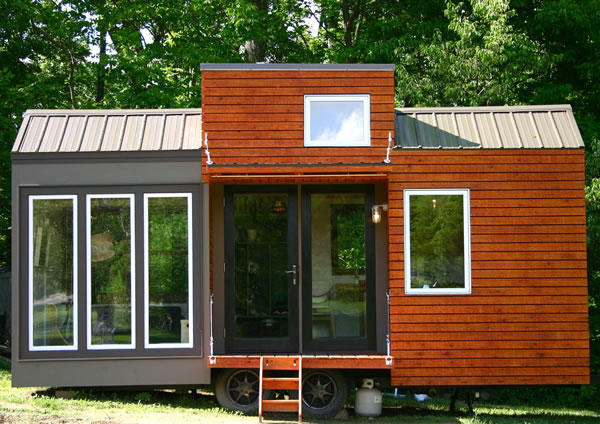
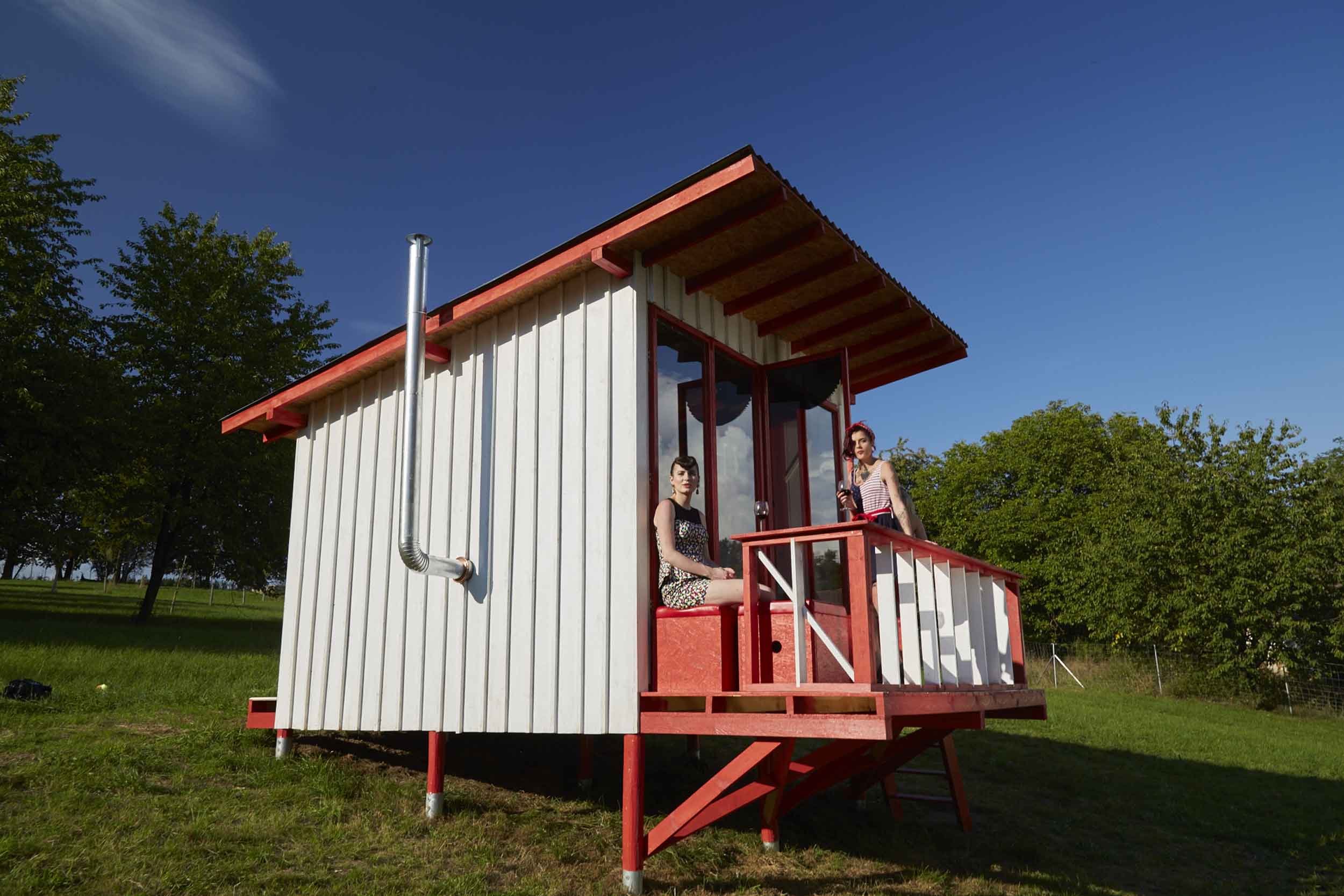
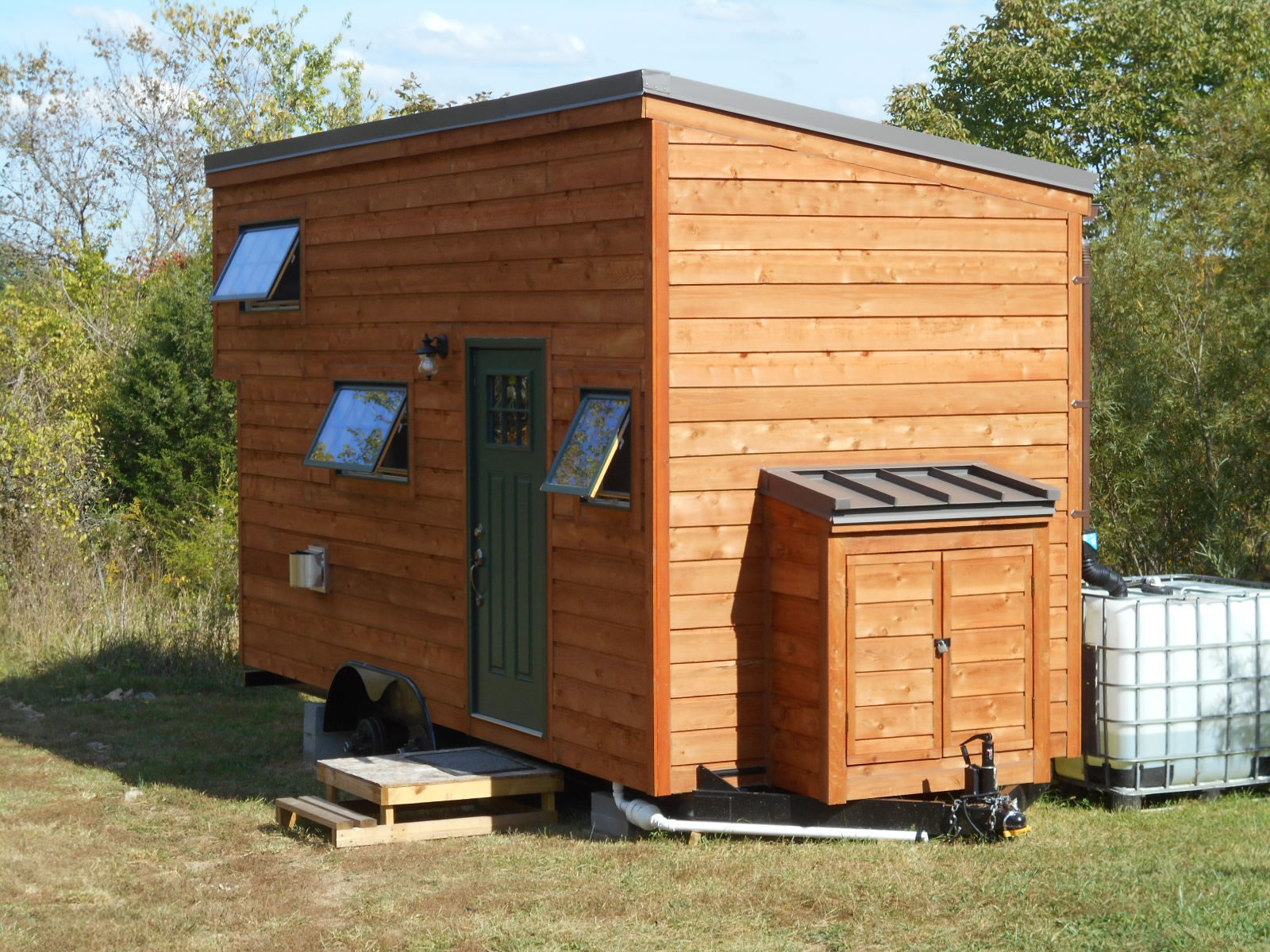
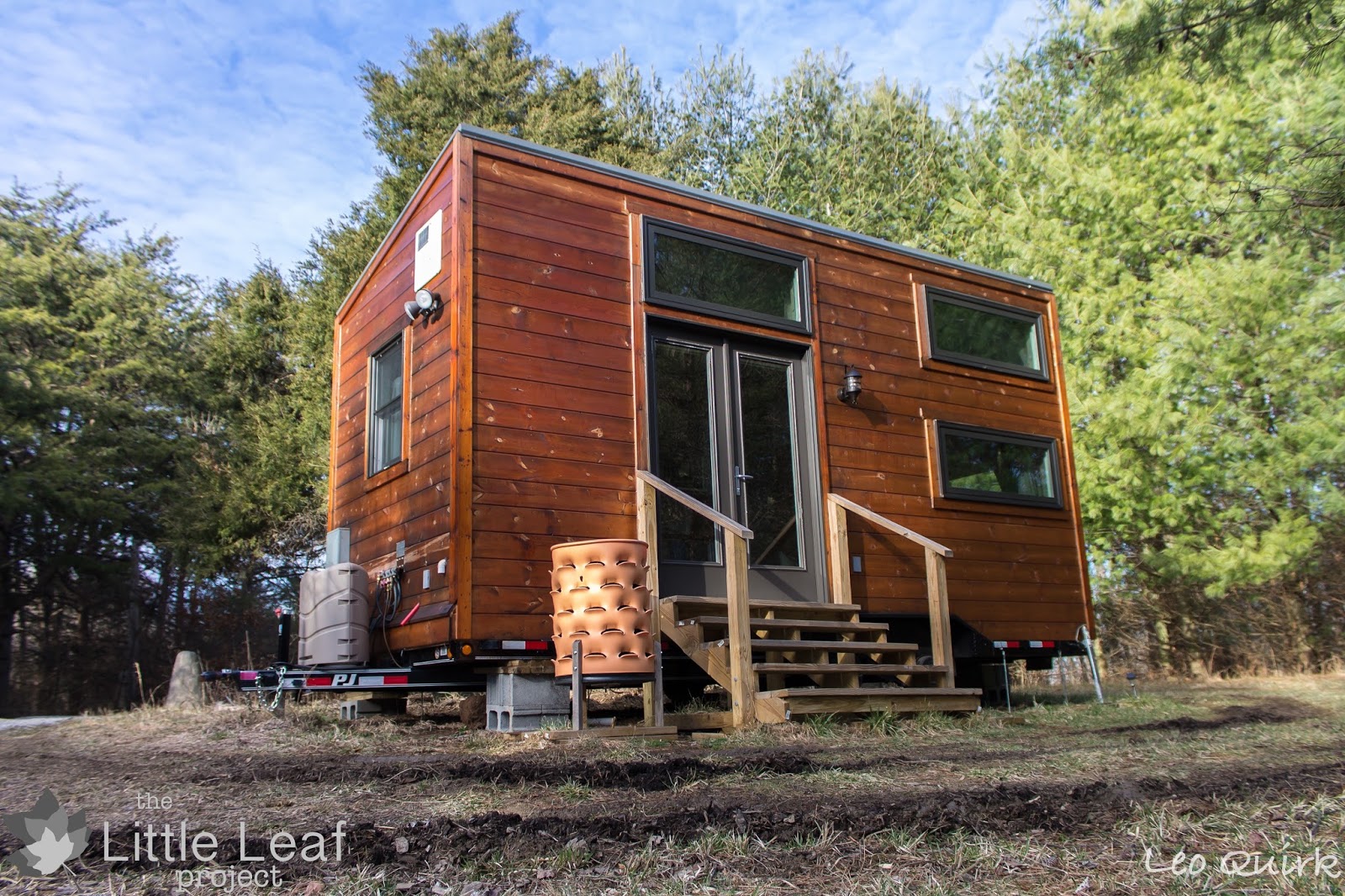
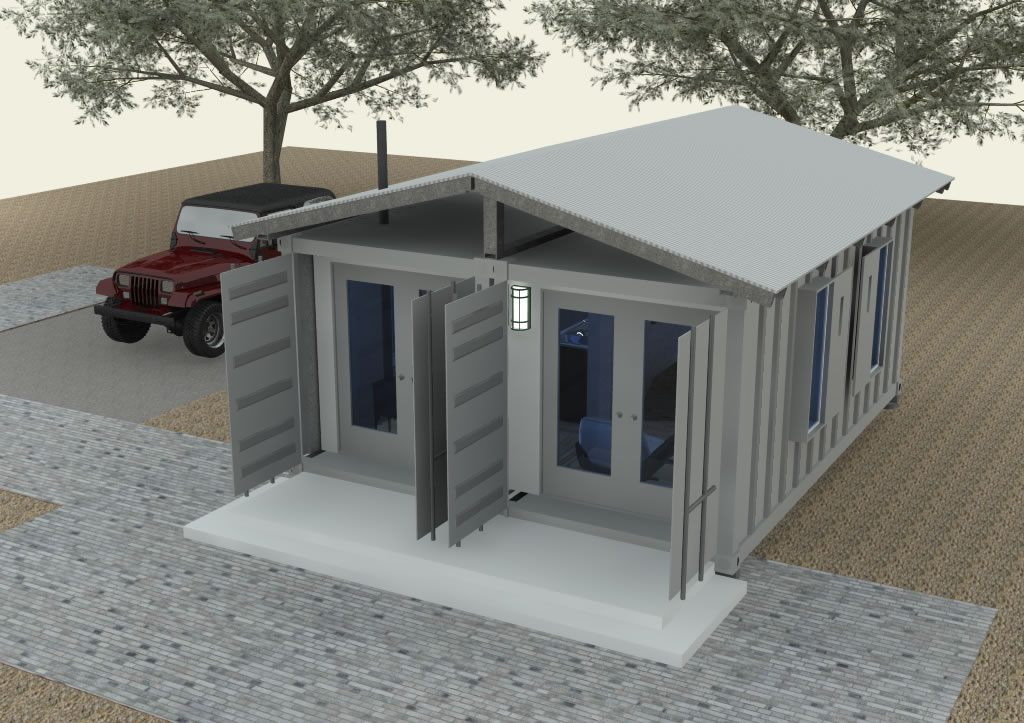
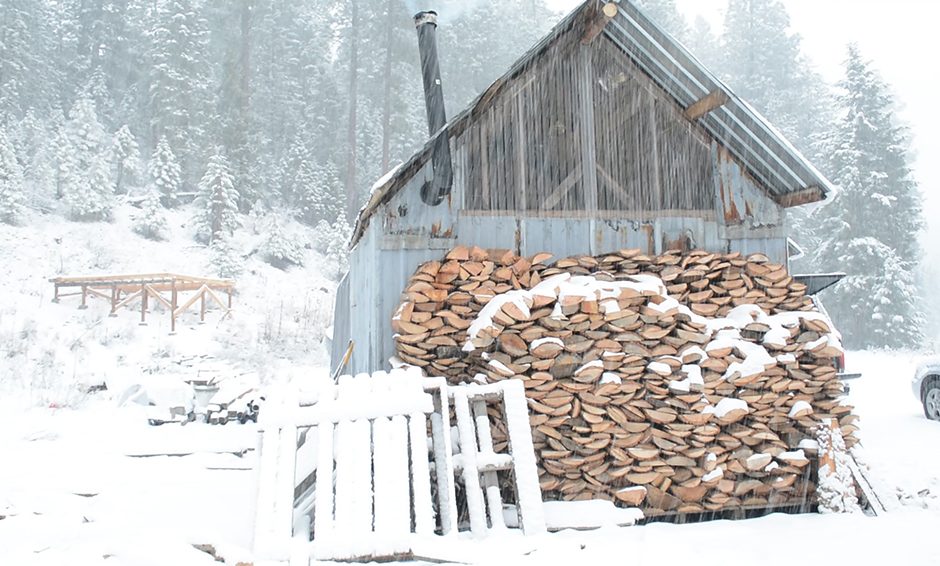
So very sweet. Building codes are for corporations not Nature persons better yet men and women. Look up the definition of state. I believe the state is putting their nose in your business. If consumer and sticks to our “law” not codes we would all be fine. the fair debt collection practices act. Those are our protection!!!!!!!!!!!!!!!!!!!!! I would love to build one of those. Keep up the Beautiful work!
Another issue to consider is re-sale. How is a buyer, maybe twenty years down the road, going to be able to evaluate how I built my tiny house? I would hate to think of a house collapsing on a family, because they were living in a tiny house that had been put together by an unscrupulous, experimental, or ignorant builder. I am elderly, relatively poor, environmentally conscientious, and a retired carpenter; I would very much like to build a smart tiny house free from stupid expensive regulation, but I recognize the issue I raise above should be considered.
There is this whole profession called home inspectors, and buyers and sellers of homes both engage them. I think this is the misleading thing that county and city government like to trot out, but in reality, how do they check if your home is safe enough for occupancy under a permit system? Inspections, of course, so there’s no reason to think those wouldn’t work in evaluating a house you’re going to buy.
Where would we be without inovative minds? Maybe the tiny living resistance is simply fear & doubt about change. There is no shame in failing to produce the perfect housing solution. The shame comes from failure to acknowledge & adapt to change. Have we forgotten Darwin’s lessons? Let’s face it, housing is so complicated it makes our brain’s hurt. People are overwhelmed with the “what about…” details that they simply give up & don’t want change because it’s just too hard & scary.
I agree with the concept of the soft line unpredictability combined with the technique that
best facilitates the devolopment so to get a real work of art: “Sculture-Architecture”.
In memory and tribute to the Great Antoni Gaudì
You said at the outset that you don’t get why the govt is involved in housing. Well the reason is simple. Our government wants to CONTROL every aspect of our lives, pure and simple. That is not the only reason of course – but it is one of the primary ones. After all, they know better than any of us what is best for us, right?
Exactly!